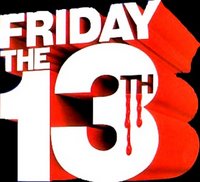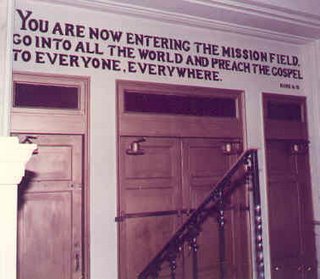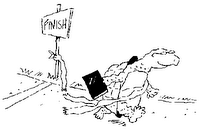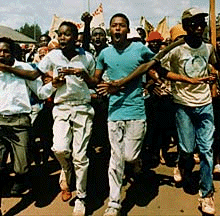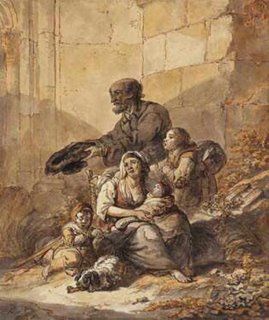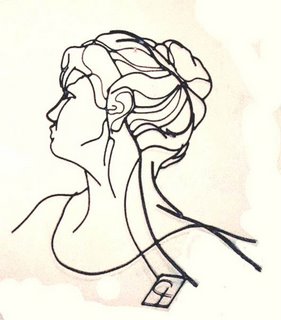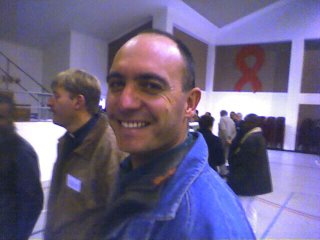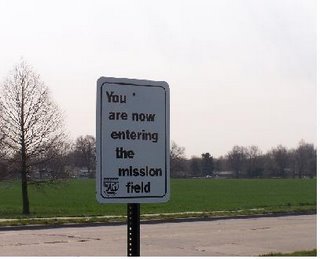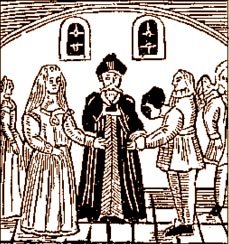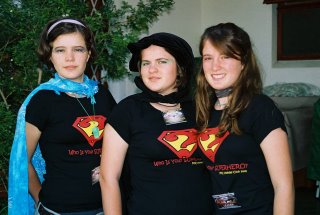
Christians have inherited a fear of sex from our church fathers (always the men!) who repented of their sexually profligate lives and chose celibacy. Augustine of Hippo formulated this into a theology that equated the absence of sex with goodness. He suggested that those who abstain from sexual activity are pure, and are therefore closer to God.
Which is why Mary the young women was transformed by the church into Mary the Virgin. Because, the theory says, the mother of God could not possibly have engaged in the defilement of sexual activity. Some even suggest that she never ever knew what sex was, and went to heaven in this “pure” state.
Which is fine as a quaint and interesting notion.
However, this becomes the foundation for far graver implications.
1. From this we live with the idea that for priests of God to be pure they need to be celibate. And this suppression of a natural God given human function has led to the distortion of sexual expression with choir boys and other vulnerable people.
2. The idea that abstinence from sex equates with purity has left many young people feeling defiled and guilty for their early sexual awakenings. No matter how hard they pray – they still think of sex, and therefore are defiled.
So please, this Christmas, let’s decide to ignore the dirty old men of our Christian history, and cease to call Mary a virgin. Surely a greater miracle would be for God to take the seed in her womb and create Jesus from it. This certainly gives me hope for the power of God to transform my life into something good.
Oh yes - lets celebrate sex as a good gift from God.






